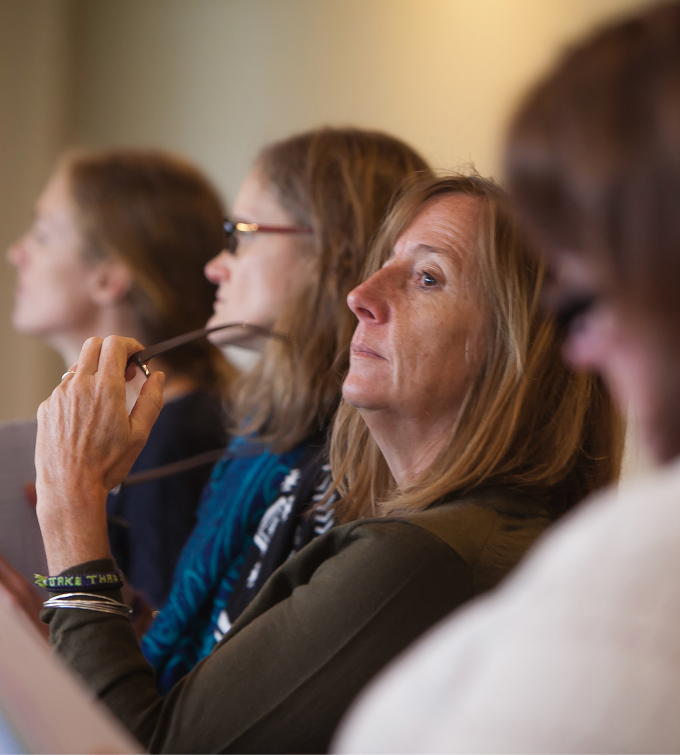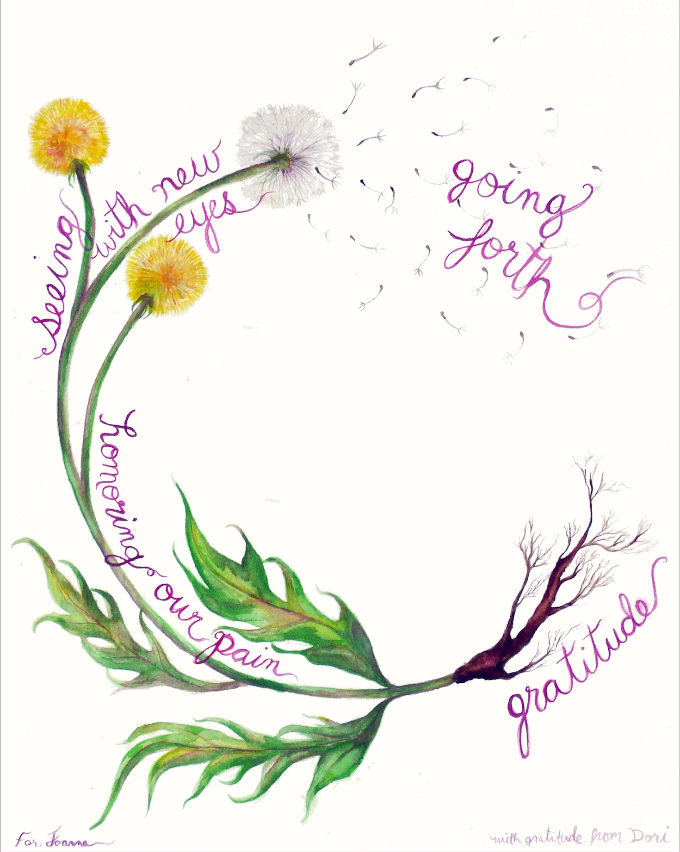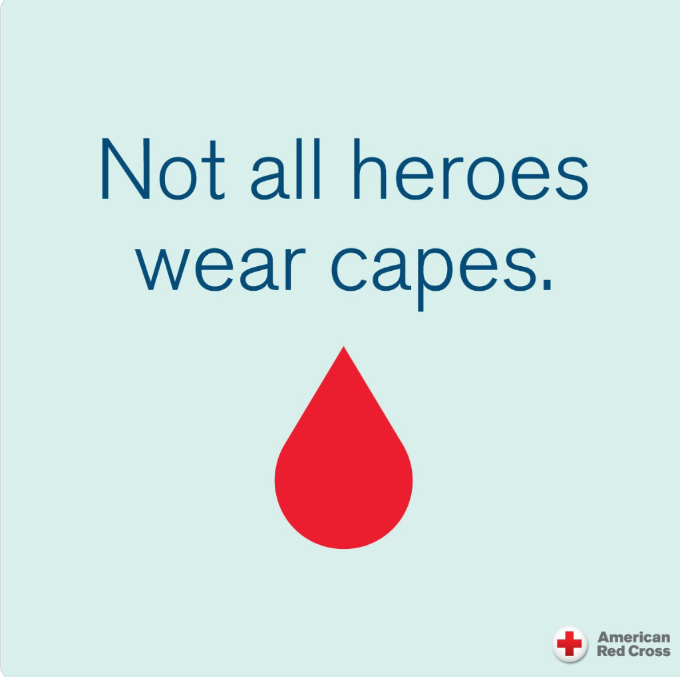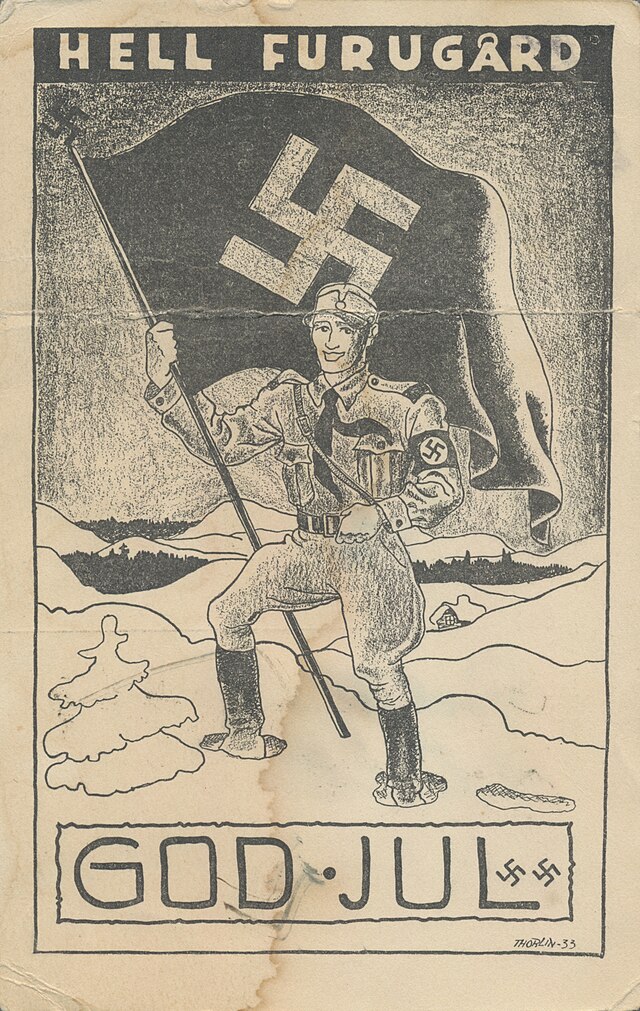July 25, 2025
Civics
"The future is the sum of the changes we demand, the courage we display, and how we stand with and for each other."
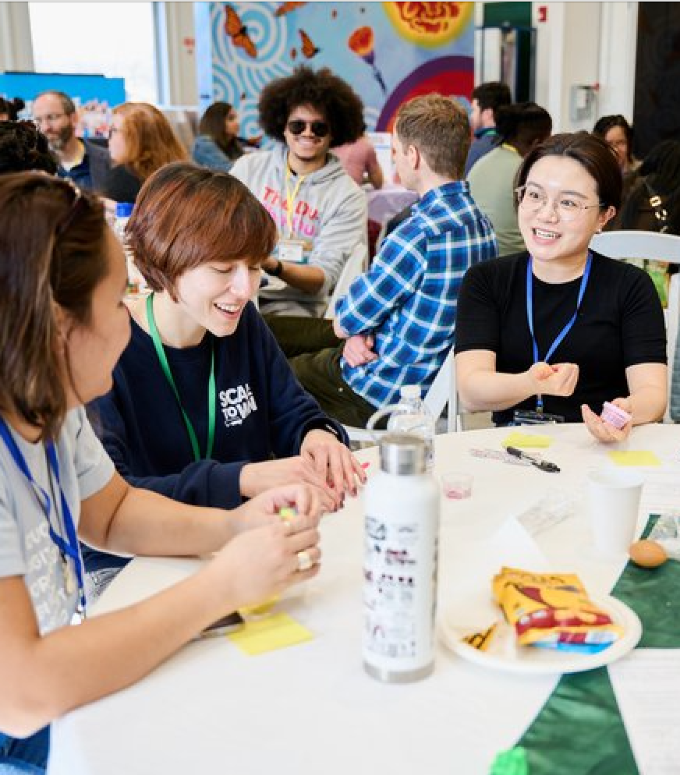
We Make the Future's AAPI (Asian American and Pacific Islander) Race Class Narrative Project supports community organizers to use race-forward, empirically based narrative strategy.
Both democracy and dictatorship rely on people working together. But collaboration often feels like a lot of effort, so many people avoid it. Yet studies in psychology show that when people receive positive messages about belonging—about who’s included in a group or space—difficult tasks can feel more manageable.
So dictatorships often rely on focused, tightly framed messages that make small groups feel powerful. Authoritarians use fear and division to build a loyal base, offering a rigid identity: “you’re with us or against us.”The irony is that these messages are most effective when narrowly targeted. Yet in a media environment that is warped and distorted by misinformation, even small audiences can have outsized influence.
Democracies, by contrast, thrive on broader, more inclusive messages—shared symbols and values that invite people to see themselves as part of something larger. This sense of inclusion increases participation.
A powerful counter to authoritarian narratives is to tell stories that foster a sense of belonging—across differences, across time. These stories show that democratic actions like voting, organizing, or volunteering are accessible and meaningful.
The key is to break it down, one conversation, one vote, one neighborhood meeting at a time.We Make the Future (WMTF) helps local and regional groups do just that. They push back against dog-whistle politics by sharing empirically grounded messages that advance a vision of multiracial democracy.
WMTF develops messaging guides, digital toolkits, and other narrative resources. Need a guide to Responding To Harmful Content or Disinformation, or a fact sheet on Combatting Disinformation? They can set you up.
WEBSITE: We Make The Future
